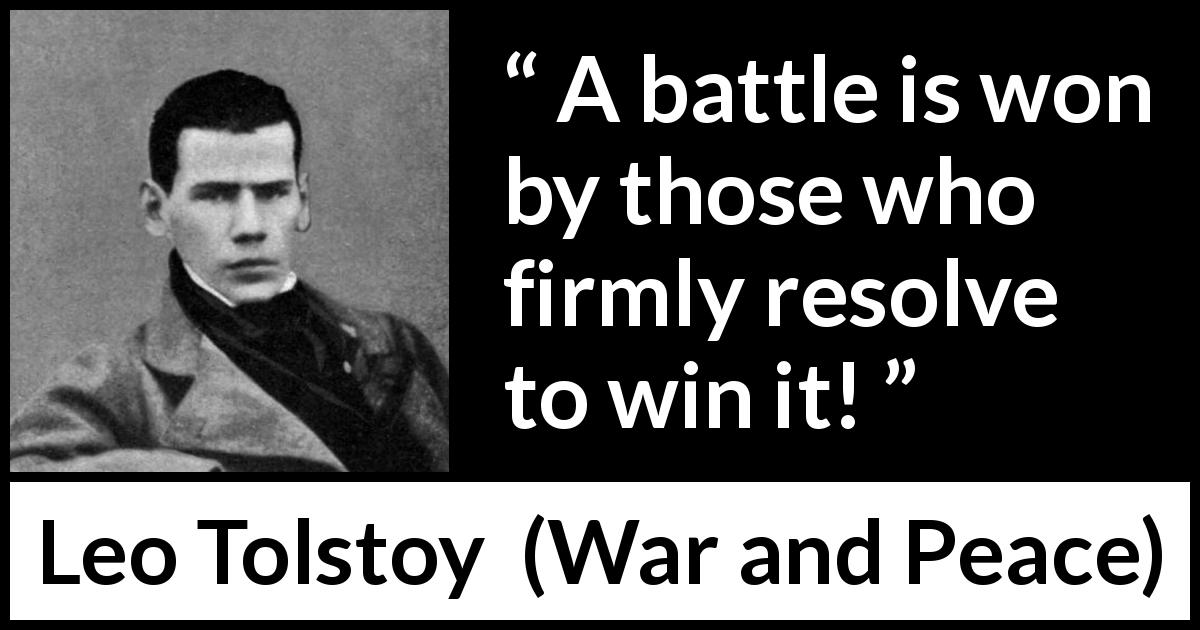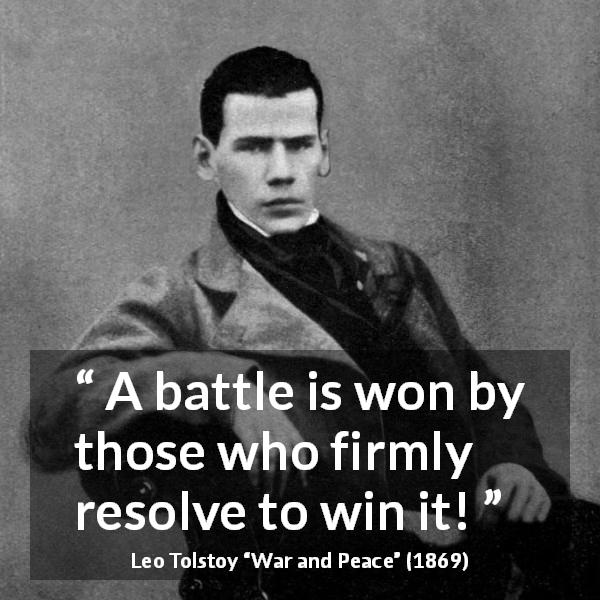


Given that Germany had defeated France in 1870, and nearly again between 1914-18, it was wise for the country to prepare for another war with its hostile eastern neighbor.

It is an armistice for twenty years.” In other words, many French leaders viewed talk of a ‘war to end all wars’ as merely rhetorical. In June 1919, when the ink on the Treaty of Versailles had barely dried, Ferdinand Foch, who had commanded the French Army in World War I, declared, “This is not a peace. Unfortunately, the Nazis devised a risky plan that exploited fatal weaknesses in the French defenses. By 1940, France was prepared for another German invasion, with a large well-trained army, an advanced system of fortresses, and secure international alliances. In 1914, Germany threw one of the most powerful armies in human history at France, yet could not, after four years of trench warfare, secure victory. How, then, did such a shocking turn of events come to pass? A German defeat of France, much less a rapid one, was far from inevitable. Heinz Guderian, the German general who led the campaign’s decisive thrust, described his own success as a “miracle.” Adolf Hitler also described the outcome as an “absolute miracle.” In his own words, the event left Winston Churchill “dumbfounded.” The Nazis didn’t believe they could win so quickly, either. Put simply, such a reversal defied steep odds. Within the first two weeks of the campaign, the German army outwitted a numerically superior force, which allowed them to carve up a numerically inferior one afterward. In the spring of 1940, Germany conquered France in forty-six days, decisively turning World War Two to their advantage. If one were to tell him, however, that less than nine months later the Nazis would launch an attack that defeated France within seven weeks, he would have likely scoffed. On August 23rd, 1939, as war between France and Germany loomed, a French soldier named Daniel Barlone confided in his diary: “We do not doubt our victory.” When he wrote these words, Germany had not yet invaded Poland, and France had not declared the war that Captain Barlone was certain would favor his homeland.


 0 kommentar(er)
0 kommentar(er)
